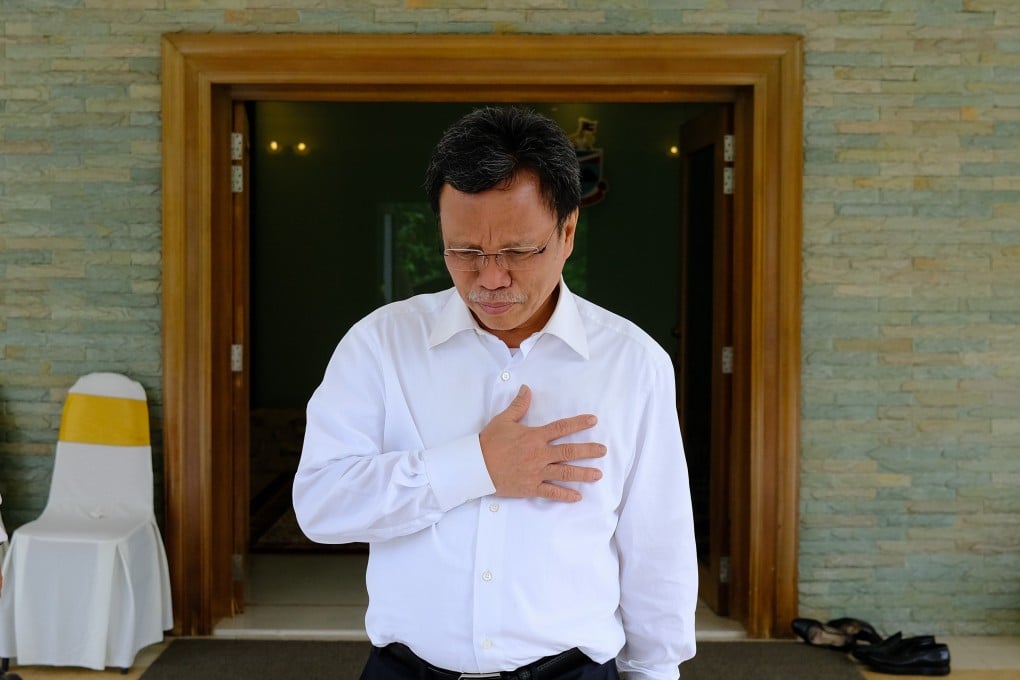Advertisement
Malaysia’s Sabah state calls snap election after exodus from ruling party
- Sabah’s state government had been led by a party allied to the Pakatan Harapan coalition until a slew of elected representatives jumped ship
- Meanwhile, Umno announced it would be leaving the ruling national Perikatan Nasional coalition to focus on its team-up with PAS
Reading Time:3 minutes
Why you can trust SCMP

Snap polls have been called in Malaysia’s Sabah state after weeks of political machinations resulted in a slew of elected representatives saying they would switch parties.
Without elections the state government, which had been controlled by the Pakatan Harapan coalition, would have fallen to the federal government’s Perikatan Nasional alliance as a result of the manoeuvres – making it the fifth state to do so since February.
Perikatan Nasional ousted Pakatan Harapan that month in a political coup, less than two years after the latter came to power following 2018’s general election victory.
While Perikatan Nasional holds federal power, Pakatan Harapan has maintained a hold on several of Malaysia’s 13 state governments.
Advertisement
Sabah’s chief minister, Shafie Apdal, told reporters on Thursday that the state’s governor had consented to dissolving the legislative assembly, and elections would have to be held within 60 days.
“We will let the people of Sabah decide,” he said, adding that while others “went here and went there” to engage in horse-trading, the state assembly had been dissolved.
Shafie will remain caretaker chief minister until the results of the election are determined.
Advertisement
Advertisement
Select Voice
Select Speed
1.00x